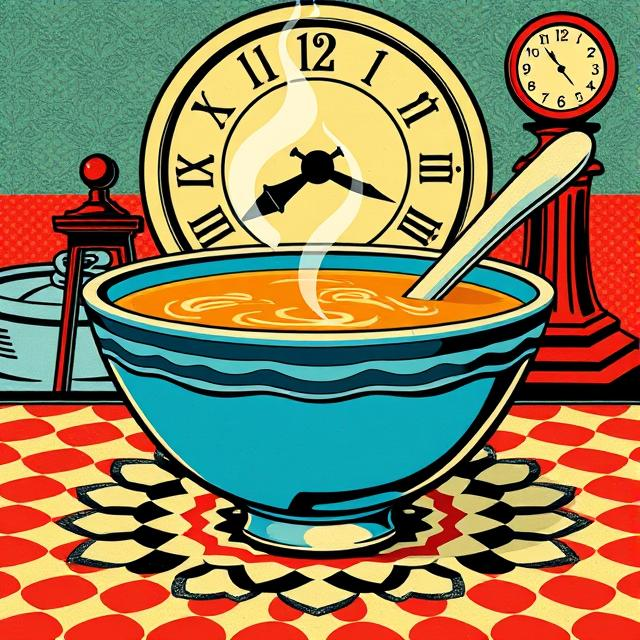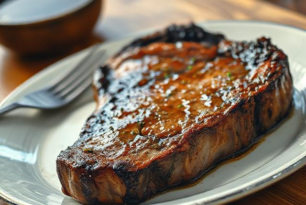You just had a full meal. Maybe it was a hearty sandwich, a bowl of rice and veggies, or a big plate of pasta. You leaned back, satisfied, thinking “That should hold me for a while.” But barely an hour later, your stomach is grumbling like you haven’t eaten all day. You blink at the clock. How is this even possible?
Welcome to the confusing world of post-meal hunger. It’s more common than you think, and it’s not necessarily a sign that something’s wrong. It is, however, a moment worth paying attention to.
First: Check in with your body, not your mind.
Before you go straight for another snack, ask yourself what kind of hunger you’re feeling. Physical? Emotional? Boredom masquerading as appetite? Sometimes, what we interpret as hunger is actually thirst, stress, fatigue, or just the result of scrolling past too many food videos.
Try a quick scan. Are you lightheaded or low-energy? Is your stomach genuinely growling, or are you just thinking about that cookie in the pantry because work is overwhelming? If it’s emotional hunger, food won’t fix it—at least, not in a satisfying way. A glass of water, a walk, or even a five-minute stretch might calm the craving.
But if it is real hunger? That’s okay too.
Eating again an hour after a meal doesn’t make you greedy or broken. It makes you a human with a metabolism and a nervous system that might be trying to tell you something.
Consider what you ate. Was it low in protein, fiber, or healthy fats? These are the macronutrients that help your body feel full and energized over time. A carb-heavy meal—like plain toast or cereal—can cause your blood sugar to spike and crash quickly, leading to hunger soon after. Even if it felt like “enough” in the moment, your body might still be chasing balance.
So, what should you do?
If you’re truly hungry, eat. Seriously. Give yourself permission to listen to your body. But aim for something balanced: a small bowl of Greek yogurt with fruit, a handful of nuts, hummus and veggies, or even a boiled egg. Pair a little protein with fiber and you’ll likely feel better—less foggy, more satisfied.
And hey, if you’re hungry because you’ve been extra active, are on your period, or just didn’t get enough sleep last night? That’s valid too. Your body’s needs change all the time. One hungry hour doesn’t define your relationship with food.
Bonus thought: This might be a pattern worth watching.
If it happens regularly, you might want to start noting what your meals are missing. Keeping a low-key food and mood journal—not calorie counting, just observations—can help you notice patterns. Are you skipping breakfast? Not getting enough protein at lunch? Grazing through the day and never really feeling full?
Small tweaks can help you stay fuller longer without overhauling everything. Think: add peanut butter to your toast, toss beans into your salad, or switch to whole grains. Little things. Big results.
In the end…
You’re not doing anything wrong by being hungry “too soon.” You’re just being asked to listen—to your body, your habits, your needs. Food isn’t just fuel; it’s information. And hunger, even the confusing kind, is your body speaking up.




